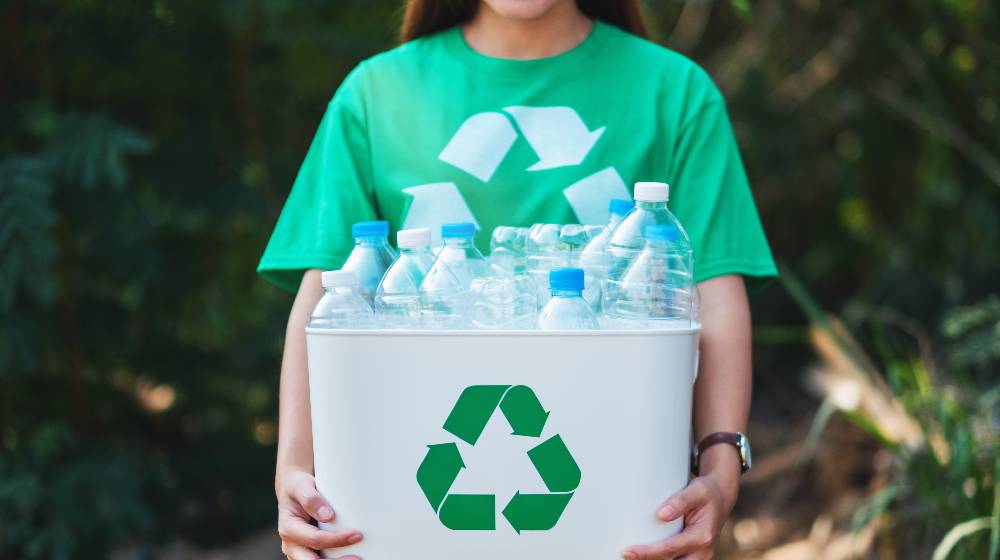Global Plastic Recycling | For the first time, plastic was used in the 20th century. Since then, plastic products have become quite common in our routine lives.
Plastic is used in numerous products. For instance, it is used to pack medical devices in addition to food products.
This is the reason this product is quite versatile and cost-effective. Therefore, it has made our lives a lot more convenient.
However, the problem is that this convenience has a cost. According to experts, since plastic cannot biodegrade, it is harming our planet.
Besides, the recycling infrastructure used across the world is underdeveloped. As a result, we can see that most of the plastic is not recycled. This is creating a lot of problems as the product is not eco-friendly either.
RELATED: China Mocks the US For Vaccine Donation To Trinidad and Tobago
Global Plastic Recycling: Fixing a Broken System

China: The Global Waste Plastic Recycler
Since the beginning of the 19th century, most developed countries outsourced their recycling to other countries, especially China.
The idea was to avoid the environmental costs associated with recycling plastic products. So, these assignments were outsourced to the developing countries of the world, and China has been on top of the list until recently.
For many decades, this has benefited both China and developed countries in the world. It was less expensive for developed countries to send waste plastic to China rather than process it in-house.
On the other hand, China needed a lot of raw materials to fuel its manufacturing industries. Therefore, it was a win-win deal for everyone involved. This is the reason most of these recycling projects were outsourced to China.
This system was dependent on the resources of one country. By the end of 2016, different countries sent waste plastic to China at a rate of 7 million tons of waste per year. And the sad thing is that plastic production has been growing at an alarming rate.
For three decades, China managed almost half of the plastic waste outsourced by the rest of the world. In 2018, the Government of China made a new policy to impose a ban on the import of several types of solid plastic waste.
This has added to the worries of many developed countries as they cannot afford to recycle waste plastic.
China’s Ban on Importing Waste Plastic
This new policy by China has disrupted the global recycling model. Therefore, many countries have started to develop in-house infrastructure to recycle plastic.
Europe is the emerging leader in this department. It has passed legislation to promote investment in the recycling industry.
Europe has made it mandatory for its states to make sure that at least 90% of plastic bottles are collected by 2029.
Apart from this, they are going to make sure that the plastic packaging will be reusable or recyclable by 2030. The good thing is that this initiative can create as many as 200,000 jobs.
The global recycling industry may help boost economic growth. According to estimates, this industry will hit a value of 63 billion dollars by the end of 2024.

